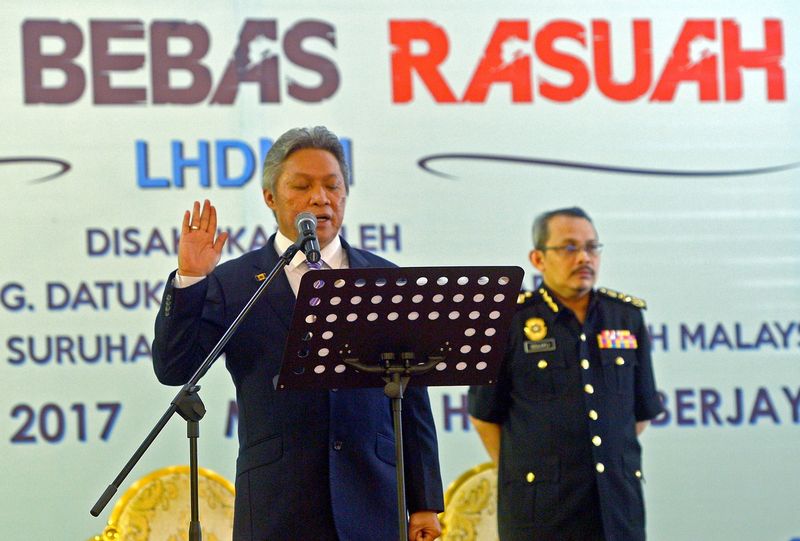KUALA LUMPUR, Sept 20 — Malaysians should pay all taxes owed before their death to avoid having their families penalised over the unpaid sums, the Inland Revenue Board (IRB) has said.
IRB chief executive Datuk Sabin Samitah said tax collections are calculated based on the deceased's income — including the day prior — before his death.
"The Inland Revenue Board takes harsh measures and also encourages taxpayers to immediately clear off all outstanding taxes, to avoid their children or the inheritors from being in trouble after their death," he was quoted telling local daily China Press in an email interview.
He said that IRB would seek payment of the outstanding taxed from the estate, noting that the Income Tax Act's Section 74(5) requires the will executor to first ensure that there is no outstanding taxes before distributing the assets left behind by the deceased.
Citing the same law's Section 106, Sabin also said that the IRB could sue the will executor to collect the taxes owed, if the latter fails to clear off the outstanding tax when the deceased has left behind assets.
"The will's executor can also under Section 104 of the same law be barred from leaving the country," he said.
Executors of a deceased's will can include the spouse or children.
For those who were unable to clear off the deceased's outstanding tax in one go, he said they could visit IRB offices to discuss payment plans.
He advised the children of a deceased individual or the will executor to check with the IRB to determine if there are outstanding taxes or refunds for excess payments
The law also allows the IRB to seek the freezing of a deceased's assets to ensure that it would be able to obtain payment for outstanding taxes.
He said that a total of 18,798 individuals had by the time they died altogether defaulted RM169.5 million in tax during the 2001 to 2015 period, with outstanding tax amounts ranging from RM25 to RM2.6 million.




















